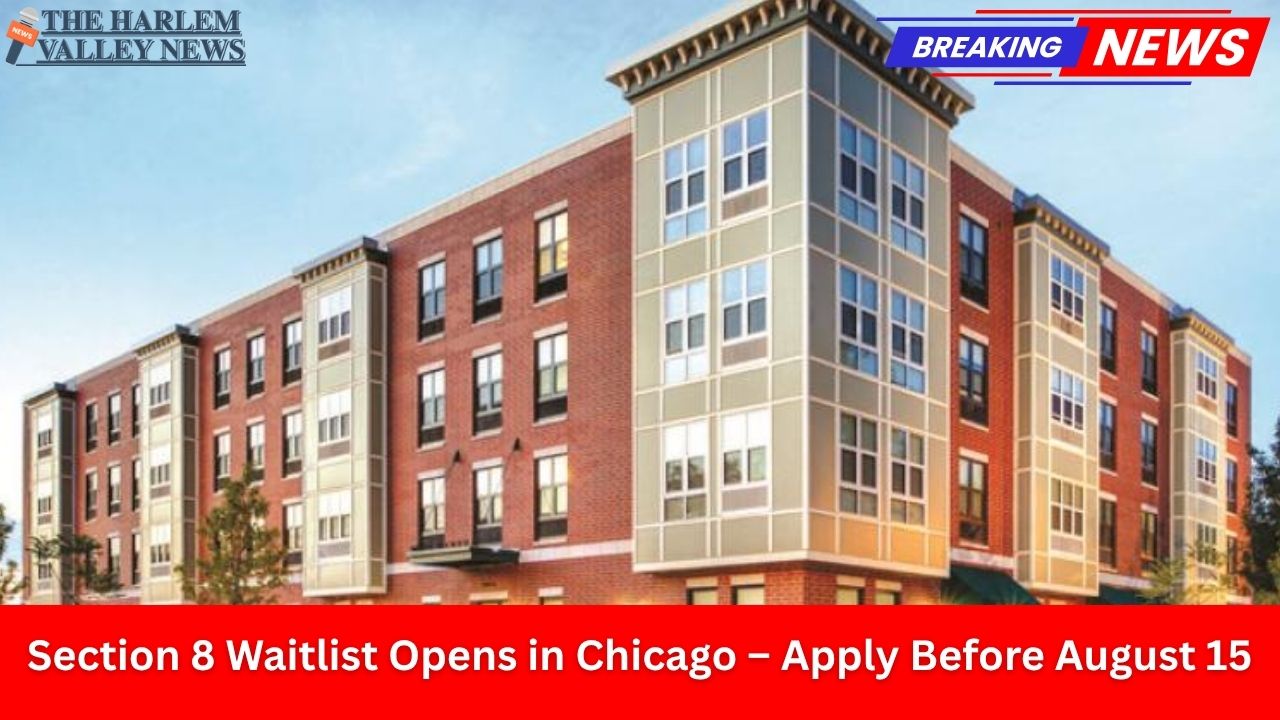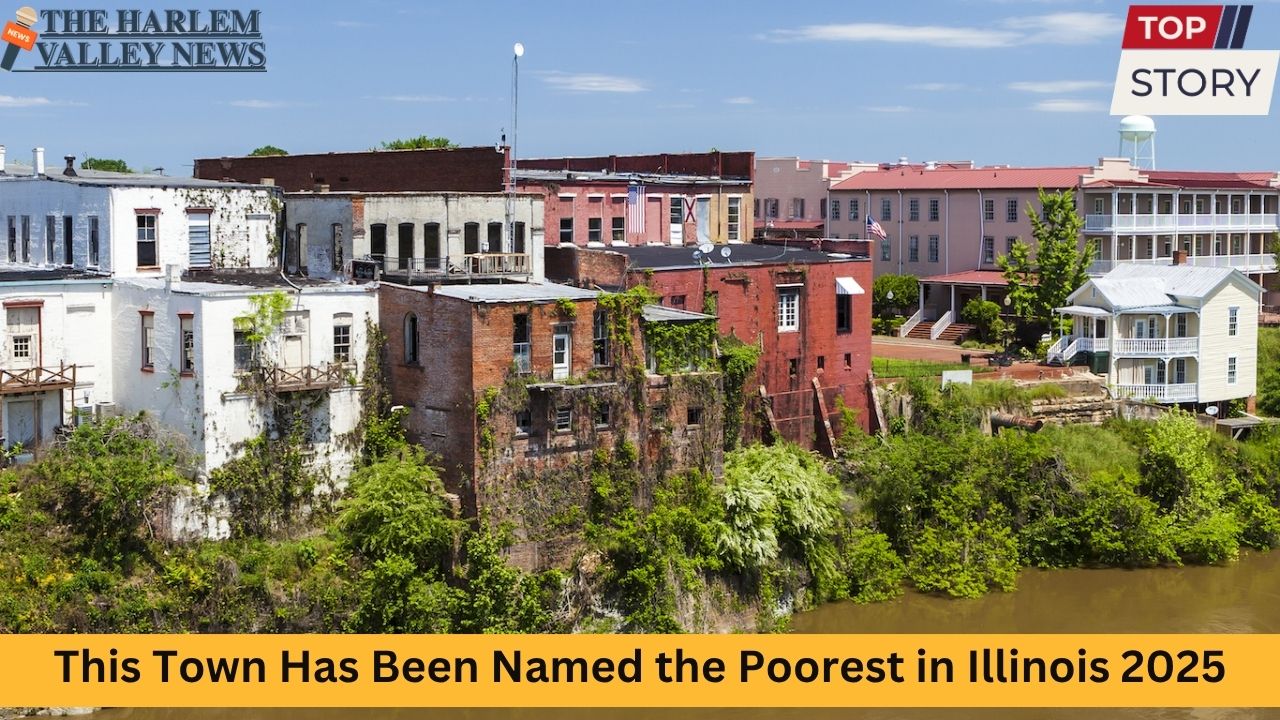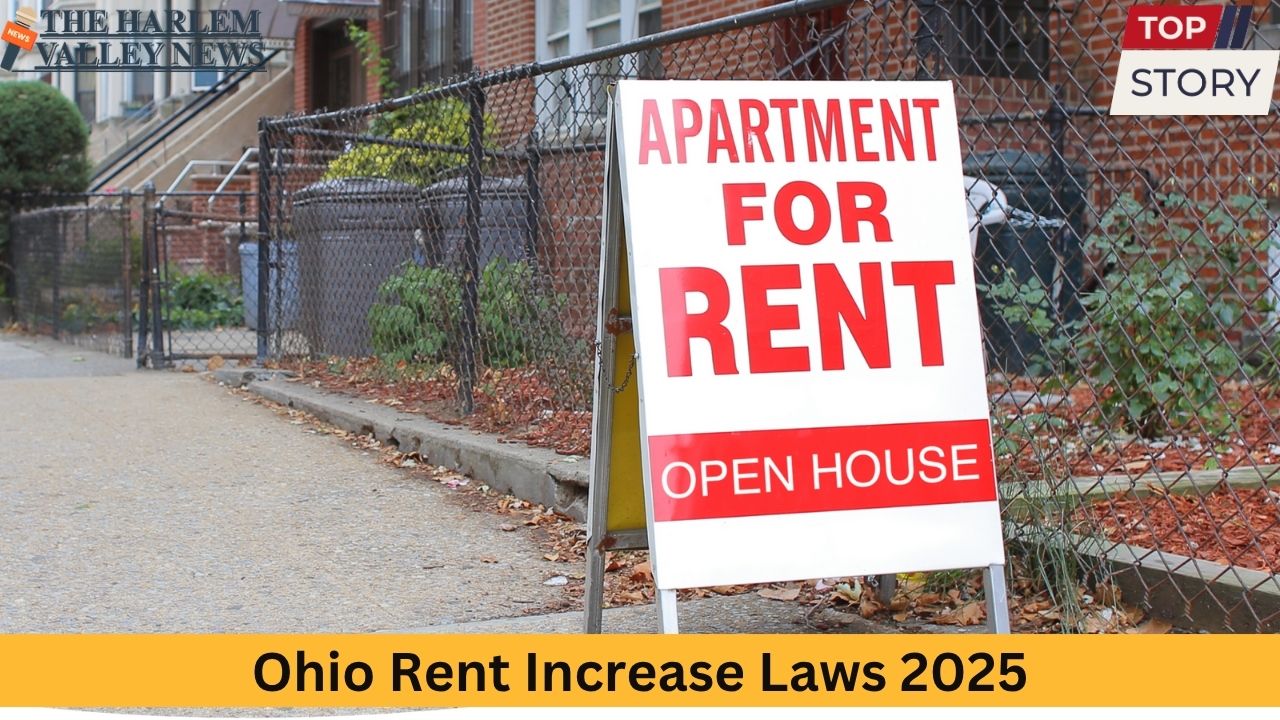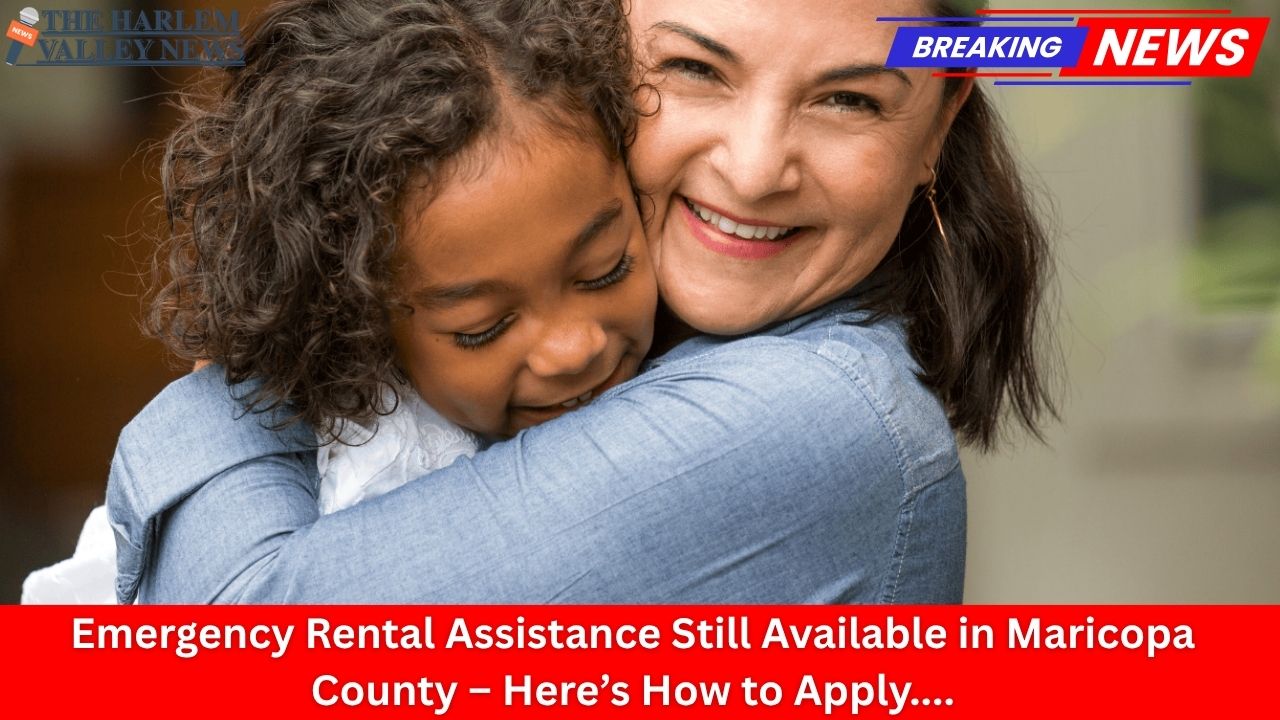Aging in Massachusetts opens the door to a vast landscape of supportive, empowering, and often free government programs. Whether you live in the vibrant neighborhoods of Boston, the historic streets of Salem, or the quiet towns of Western Massachusetts, turning 50 is more than a milestone—it’s an entry point to new resources meant to make life richer and more secure. While many programs are targeted for those 60 or 65 and older, many start supporting residents from age 50, especially with job training, counseling, and lifelong learning.
This comprehensive guide demystifies Massachusetts’ wealth of senior services. We’ll explore everything: who qualifies, the hidden benefits of each program, practical advice on applying, and real-life examples from cities like Worcester, Springfield, and Cambridge. By the end, you’ll not only know what help is available—you’ll be ready to claim it.
Aging in Massachusetts: The Big Picture
Massachusetts has long recognized its aging population as a strength. About 23% of residents (around 1.6 million people) are age 60 or older. Over 300,000 older adults live on incomes below the basic cost of living, making access to public supports crucial for quality of life.
From the bustling streets of Cambridge to cozy communities like Amherst, the state’s population over 50 is rapidly growing. With higher living costs than many states, affordable access to health care, food, housing, transportation, and social connection remains a top priority for the Commonwealth and its cities.
Key Eligibility: What Age is “Senior”?
In Massachusetts, “senior” doesn’t always have the same meaning. Here’s a breakdown:
-
Over 50: Eligible for some workforce training, wellness classes, and preventive screenings.
-
60 and Up: Most local programs (senior centers, Meals on Wheels, community nursing visits) start here.
-
65+: Key federal health benefits (Medicare), discounted MBTA (Boston area transit), and the Circuit Breaker tax credit kick in here.
Tip: Always check the specific program’s requirements—don’t assume you’re too young or too old!
Core State and Federal Programs
Healthcare and Prescription Support
Medicare & MassHealth:
At 65, most people qualify for Medicare. If your income is modest, MassHealth (Massachusetts Medicaid) may provide additional benefits like nursing care, home health visits, dental, and more. The “Senior Care Options” (SCO) programs in places like Lowell, Worcester, and New Bedford take the stress out of managing multiple health plans by consolidating Medicare and Medicaid.
Prescription Advantage:
Massachusetts’ Prescription Advantage program helps cover drug costs when seniors hit the Medicare Part D “donut hole.” This program is a lifesaver for those on expensive meds and is available even above the federal poverty line.
SHINE Program:
Standing for Serving the Health Insurance Needs of Everyone, SHINE offers free, unbiased help navigating Medicare and supplemental coverage. Volunteers operate in every region, from Cape Cod to Pittsfield.
Housing and Utility Assistance
Home Care Program:
Whether you’re in Boston’s North End or rural Berkshire County, the Home Care Program provides free or low-cost grocery shopping, cleaning, personal care, and even behavioral health support for those 60 and over who want to “age in place.”
Fuel and Utility Help:
Massachusetts winters can be brutal, especially in towns like Worcester or Greenfield. The state’s Low Income Home Energy Assistance Program (LIHEAP) and utility discounts (often 25-30%) help seniors keep the heat on.
Property and Rent Help:
Cities like Wakefield offer local tax write-off programs for seniors who volunteer in their community. State-wide, the Circuit Breaker Tax Credit gives homeowners and renters aged 65+ returns averaging between $1,000 and $2,590 annually.
Nutrition and Meals
Meals on Wheels & Congregate Dining:
Free or subsidized meals are delivered daily throughout cities and towns. Senior centers in places like Somerville, Quincy, and Springfield also offer group hot meals with nutrition education, ensuring thousands of seniors stay healthy.
SNAP for Seniors:
Supplemental Nutrition Assistance Program (SNAP) has dedicated counselors for those 60 and above, making applications easier and helping more people access food benefits.
Transportation
Discounted Public Transit:
In the Boston metro, the MBTA Senior CharlieCard starts at age 65 and slashes fares by 50% or more. Many towns also operate council on aging vans and shuttles, some starting at age 60.
Tax Relief and Financial Help
Senior Circuit Breaker Tax Credit:
Available to residents 65+ who pay property taxes or rent on their primary home and meet income limits. For 2025, the maximum credit is $2,590.
Local Exemptions and Programs:
Many cities and towns, like Wakefield, have tax work-off programs—seniors can volunteer in schools or libraries and receive up to several hundred dollars off property taxes.
Social, Wellness, and Legal Programs
Senior Centers:
Found in nearly every city—from Andover to Brockton—these provide exercise classes, health screenings, crafts, dances, and free legal clinics. Many allow membership starting at 60 or even 50.
Aging Services Access Points (ASAPs):
These 25 regional agencies are your “front door” for most services. They assess needs, arrange home care, help apply for financial aid, and much more.
Protective and Behavioral Health Services:
Massachusetts takes elder abuse seriously. The Adult Protective Services hotline responds to reports of physical, emotional, or financial abuse. There are also specialized teams for mental health outreach and suicide prevention tailored for seniors.
Job Training and Lifelong Learning
Over-50 Employment Help:
Massachusetts supports several “50+ Job Seekers Networking Groups,” helping older adults in Boston, Worcester, and beyond refresh resumes, learn new digital skills, and find flexible or part-time work.
Free or Discounted College Tuition:
State universities and some community colleges (like in Springfield and Boston) offer tuition waivers for seniors 60 and up, covering courses with space after traditional enrollment periods.
The Role of Local Councils and Senior Centers
Every Massachusetts city and town has a Council on Aging. These organizations, such as the Cambridge Council on Aging or Boston’s Age Strong Commission, are essential resources and often the best first stop for guidance, applications, and events.
Services include:
-
Transportation scheduling
-
Meals and grocery delivery
-
Legal aid sessions
-
Health and wellness clinics
-
Volunteer opportunities
-
Social groups, trips, and classes
In smaller towns like Lenox or Falmouth, your local center may offer more personalized help, while cities can provide a wide range of activities and support.
How to Apply: Practical Steps and Pitfalls
The Essentials
-
Start with ASAPs:
Call your regional Aging Services Access Point for a free needs assessment and referrals. They’ll guide you through MassHealth, prescriptions, meals, and more. -
Prepare Documents:
Have your ID, proof of Massachusetts residence, Social Security card, income statements, and any recent bills on hand. These are needed for most applications. -
Don’t Guess Eligibility:
Even if your income or health seems “too high” for some benefits, apply anyway. Many programs, like Prescription Advantage and food assistance, have flexible guidelines for seniors. -
Ask for Help:
SHINE volunteers, Council on Aging staff, and your local senior center staff are trained to fill out forms, track paperwork, and resolve problems.
Pitfalls to Avoid
-
Missing deadlines (tax credits, scholarships, local volunteer programs).
-
Not updating your info after a move or change in health status.
-
Forgetting to apply for “stackable” programs (e.g., getting both the property tax break and utility discount).
City Spotlights: Boston, Worcester, and Springfield
Boston
Boston’s Age Strong Commission offers hundreds of free exercise, nutrition, tech training, and wellness programs to residents 55+. The city’s senior shuttle service provides door-to-door rides for medical appointments and errands.
Worcester
Worcester’s “Elder Services of Worcester Area” runs several federally funded programs, delivers meals to thousands each year, and offers strong mental health outreach and multicultural support, reflecting the city’s diversity.
Springfield
Springfield’s Senior Services Division focuses on transportation, affordable housing, and senior employment. The region features numerous “villages”—membership communities helping neighbors age safely at home.
Tips for Caregivers and Families
-
Use the 24/7 Elder Abuse Hotline or contact your local ASAP if you suspect mistreatment.
-
Leverage support groups via senior centers or the Alzheimer’s Association Massachusetts.
-
Make use of caregiver coaching and respite care grants for anyone looking after a loved one at home.
-
Consider “Adult Day Health” centers for safe daytime care, available in nearly every region.
Frequently Asked Questions
Q: Where should I start looking for help?
A: Your local Council on Aging or Aging Services Access Point (ASAP) is the best first call.
Q: Can I stack benefits from different programs?
A: Absolutely! Many seniors combine MassHealth, food assistance, local tax credits, and more.
Q: Are these programs only for low-income seniors?
A: No. While income impacts eligibility for programs like SNAP or MassHealth, many services—like SHINE counseling, some fitness classes, and community events—are open to all.
Final Thoughts
Aging in Massachusetts means you are part of a network of support—no matter your city, language, or background. With over 1,500,000 residents over age 60, and thousands more approaching this milestone, the state continues to innovate and expand its free support for seniors.
So, if you live in Boston, Springfield, Worcester, New Bedford, Framingham, Fall River, or any of the Commonwealth’s 351 cities and towns, never assume you’re ineligible or alone. Free government programs are ready to help you thrive at every stage of senior living—from your 50s through your 90s and beyond. Reach out, get connected, and let Massachusetts support a safer, fuller, and more joyful aging journey.
















Leave a Reply